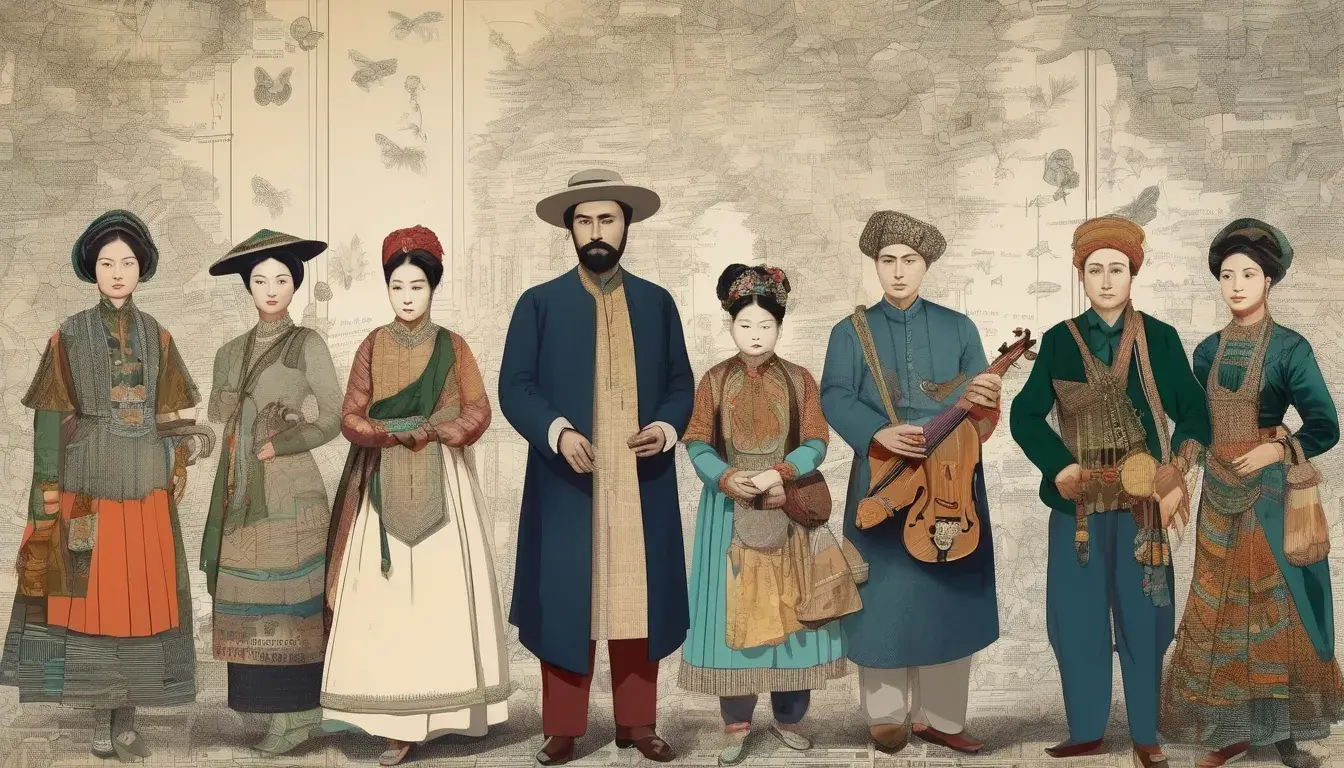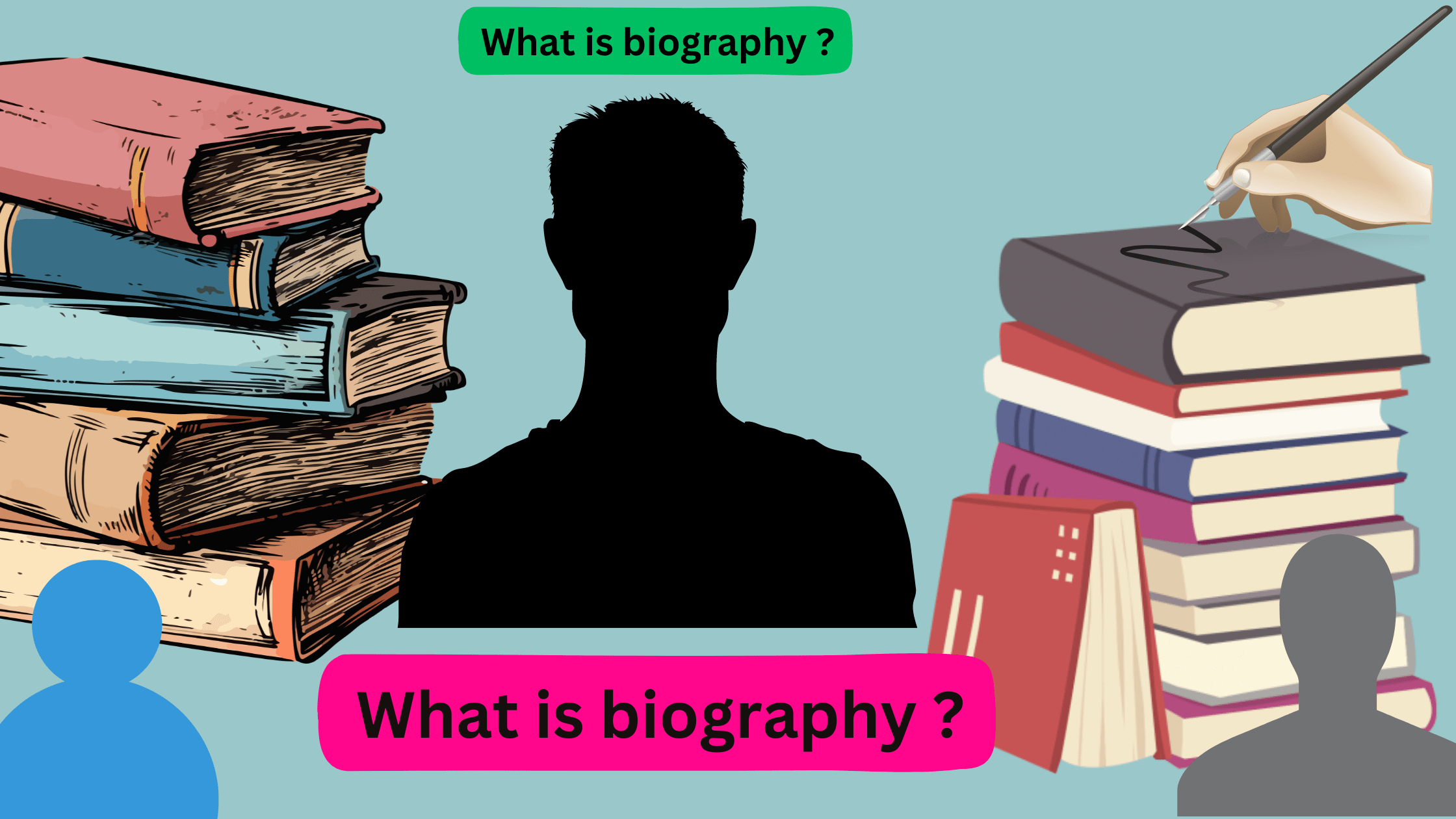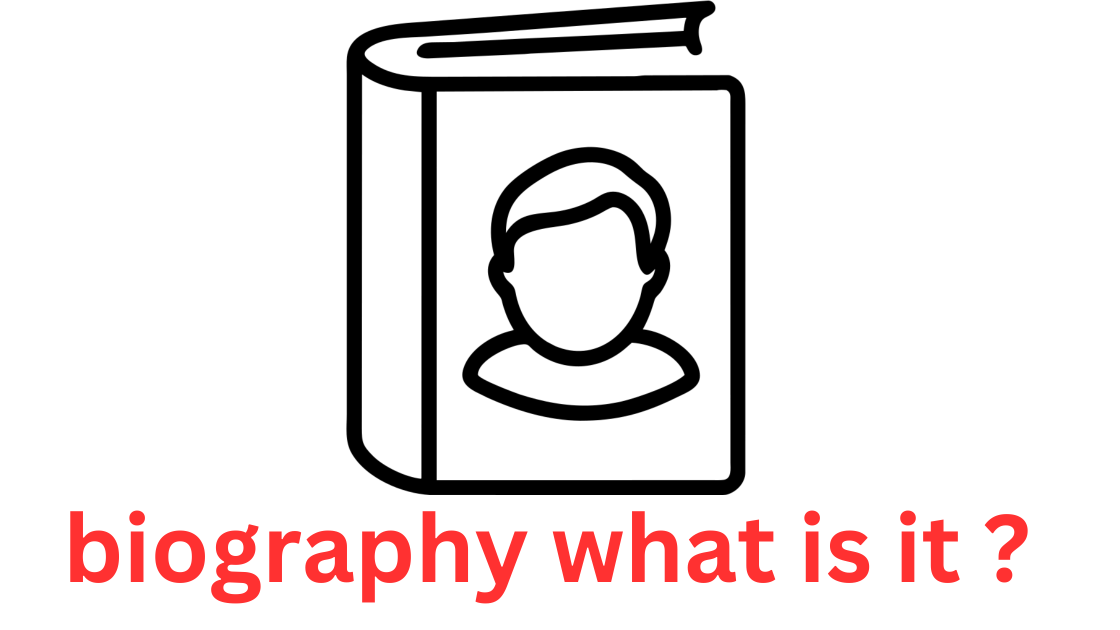Exploring Biographies of Unsung Cultural Heroes
Step into the world of unsung cultural heroes and discover the remarkable stories that have shaped our society. In this fascinating article, we delve into the biographies of individuals who have made significant contributions to our cultural heritage, yet often go unnoticed.
From artists and musicians to writers and activists, these unsung heroes have paved the way for societal progress and artistic innovation. Their lives and accomplishments offer a unique perspective on history that enriches our understanding of the world around us.
Explore the untold narratives and forgotten journeys of these individuals as we shed light on their extraordinary endeavors. Through their struggles and triumphs, we can learn valuable lessons about resilience, creativity, and the power of human potential.
Join us on this enlightening journey as we celebrate the hidden figures whose legacy continues to inspire and shape our cultural landscape. Discover the fascinating stories that have been overlooked and uncover the hidden gems that have gone unnoticed. It’s time to give credit where it’s due and pay tribute to these unsung cultural heroes.
Why it’s important to explore their biographies
hroughout history, countless individuals have made remarkable contributions to our cultural heritage, yet their stories often remain untold and their legacies unrecognized. These unsung cultural heroes have played pivotal roles in shaping the artistic, intellectual, and social landscapes that we cherish today. Exploring their biographies is essential for several reasons.
Firstly, uncovering the lives and accomplishments of these unsung heroes provides a more comprehensive understanding of our cultural history. By shedding light on the experiences and achievements of individuals who have been overlooked or marginalized, we can gain a more nuanced and inclusive perspective on the past. This, in turn, enriches our understanding of the present and informs our vision for the future.
Moreover, the biographies of unsung cultural heroes offer valuable insights into the resilience, creativity, and determination of the human spirit. These individuals often faced significant challenges and obstacles, yet they persevered in their pursuit of artistic expression, social justice, or intellectual advancement. Their stories inspire us to confront our own struggles with courage and perseverance, reminding us of the transformative power of individual agency and collective action.
Exploring these biographies also helps to challenge the dominant narratives that have traditionally dominated our cultural discourse. By elevating the voices and experiences of those who have been marginalized or underrepresented, we can challenge the biases and assumptions that have shaped our understanding of history and culture. This process of re-examination and reframing can lead to a more diverse, inclusive, and equitable cultural landscape that better reflects the rich tapestry of human experience.
The impact of unsung cultural heroes on society
The contributions of unsung cultural heroes have had a profound and lasting impact on our society, often shaping the very foundations of the world we inhabit today. These individuals have played pivotal roles in advancing social progress, driving artistic innovation, and expanding the boundaries of human knowledge and understanding.
One of the most significant impacts of unsung cultural heroes has been their role in advancing social justice and championing the rights of marginalized communities. From civil rights activists to feminist pioneers, these individuals have fought tirelessly to challenge oppressive systems, dismantle discriminatory practices, and amplify the voices of the disenfranchised. Their actions have paved the way for greater equality, inclusivity, and social transformation, leaving an indelible mark on the fabric of our society.
In the realm of arts and culture, unsung heroes have been instrumental in pushing the boundaries of creative expression and challenging prevailing artistic norms. Whether it’s the groundbreaking work of avant-garde artists, the innovative musical compositions of unrecognized composers, or the revolutionary writings of marginalized authors, these individuals have expanded the horizons of human creativity and enriched our cultural landscape. Their contributions have inspired generations of artists, musicians, and writers, sparking new modes of artistic expression and challenging the status quo.
Beyond the realms of social justice and the arts, unsung cultural heroes have also made significant contributions to the advancement of human knowledge and understanding. From pioneering scientists and visionary thinkers to trailblazing activists and public intellectuals, these individuals have pushed the boundaries of human inquiry, challenged existing paradigms, and contributed to the expansion of our collective wisdom. Their work has had far-reaching implications, shaping the way we understand the world around us and informing the decisions that shape the future.
Famous examples of unsung cultural heroes
While the contributions of unsung cultural heroes are often overlooked, there are numerous examples throughout history of individuals who have made remarkable and lasting impacts on our society. One such figure is Zora Neale Hurston, a renowned African American author, anthropologist, and folklorist who played a pivotal role in the Harlem Renaissance of the 1920s.
Hurston’s literary works, such as the novel “Their Eyes Were Watching God,” have been celebrated for their rich depictions of African American life and culture, challenging the dominant narratives of the time. However, despite her significant achievements, Hurston’s work was largely overlooked and marginalized during her lifetime, only to be rediscovered and celebrated decades later by a new generation of readers and scholars.
Another unsung cultural hero is Marsha P. Johnson, a prominent figure in the LGBTQ+ rights movement and a key participant in the Stonewall riots of 1969. Johnson, a self-identified drag queen and transgender activist, played a crucial role in the fight for LGBTQ+ liberation, advocating for the rights and dignity of queer and transgender individuals. Despite her pivotal contributions, Johnson’s story was often overshadowed by the more prominent male leaders of the movement, until recent years when her legacy has been rightfully recognized and celebrated.
Similarly, the life and work of Septima Clark, an educator and civil rights activist, have been instrumental in shaping the course of the American civil rights movement. Clark’s pioneering efforts to establish “citizenship schools” in the South, which taught African Americans the skills and knowledge needed to register to vote, were crucial in empowering marginalized communities and advancing the cause of racial justice. Yet, her contributions have often been overlooked in favor of more well-known civil rights leaders.
These are just a few examples of the many unsung cultural heroes whose stories deserve to be told and celebrated. By exploring their biographies and acknowledging their remarkable achievements, we can gain a deeper understanding of our cultural history and the transformative power of individual agency and collective action.
How to discover and research unsung cultural heroes
Discovering and researching the biographies of unsung cultural heroes can be a rewarding and enlightening process, but it often requires a concerted effort to uncover stories that have been marginalized or forgotten. Here are some strategies and resources to help you embark on this journey of exploration.
One of the primary ways to discover unsung cultural heroes is to seek out alternative and marginalized sources of historical information. This may involve delving into archives, libraries, and collections that have traditionally been overlooked or underutilized, such as community-based organizations, independent publications, and grassroots movements. These sources often hold a wealth of untold narratives and can provide valuable insights into the lives and contributions of individuals who have been excluded from mainstream historical accounts.
Another effective approach is to engage with scholars, activists, and community members who have dedicated themselves to uncovering and amplifying the stories of unsung heroes. These individuals can serve as invaluable guides, pointing you towards resources, networks, and perspectives that may not be readily available in mainstream media or academic institutions. Attending lectures, workshops, or community events focused on these topics can also be a fruitful way to discover new leads and connect with like-minded individuals.
When it comes to the research process itself, it’s important to approach the task with an open and critical mindset. Be prepared to sift through fragmented or incomplete records, navigate language barriers, and confront the biases and limitations inherent in traditional historical sources. Utilize a diverse range of primary and secondary sources, including personal memoirs, oral histories, archival documents, and contemporary media coverage, to piece together a more comprehensive understanding of an individual’s life and legacy.
Additionally, consider engaging in collaborative research efforts, such as crowdsourcing initiatives or community-based projects, where individuals from diverse backgrounds can contribute their knowledge and perspectives. This can help to uncover new leads, validate existing information, and foster a more inclusive and representative understanding of unsung cultural heroes.
By employing these strategies and tapping into a wide range of resources, you can embark on a rewarding journey of discovery, unearthing the stories of remarkable individuals who have made significant contributions to our cultural heritage, yet have often been overlooked or forgotten.
The challenges of uncovering their stories
Uncovering the stories of unsung cultural heroes can be a challenging and arduous process, as these individuals have often been marginalized, overlooked, or intentionally erased from the historical record. Several key obstacles can impede the efforts to bring their narratives to light.
One of the primary challenges lies in the scarcity of available information and documentation. Many unsung cultural heroes lived and worked in the shadows, leaving behind sparse or fragmented records of their lives and accomplishments. This can make it difficult to piece together a comprehensive understanding of their stories, leaving researchers to rely on scattered sources and incomplete accounts.
Moreover, the biases and limitations inherent in traditional historical sources can further complicate the research process. Mainstream historical narratives have often been shaped by the perspectives of the dominant social, political, and cultural groups, relegating the experiences of marginalized individuals to the periphery.
Overcoming these biases and uncovering alternative sources of information can be a daunting task, requiring meticulous research and a willingness to challenge the status quo.
Another significant challenge is the lack of institutional support and recognition for the work of unsung cultural heroes. Many of these individuals operated outside the mainstream cultural and academic institutions, which have historically been the gatekeepers of cultural memory and historical preservation. Without the backing of these established structures, their stories have often been overlooked or intentionally suppressed, making it difficult for researchers to access the necessary resources and funding to uncover and share their narratives.
Furthermore, the process of uncovering these stories can be emotionally and psychologically taxing, as researchers may confront the harsh realities of discrimination, oppression, and systemic marginalization that these individuals faced. The emotional labor involved in honoring the legacies of the unsung can be overwhelming, and researchers must be prepared to navigate the complex and often painful histories that they uncover.
Despite these challenges, the importance of uncovering the stories of unsung cultural heroes cannot be overstated. By persevering in the face of adversity and embracing a commitment to inclusive and equitable historical narratives, researchers can play a vital role in amplifying the voices and experiences of those who have been marginalized, ultimately enriching our understanding of the past and shaping a more just and inclusive future.
Sharing the biographies of unsung cultural heroes
Sharing the biographies of unsung cultural heroes is a crucial step in ensuring that their remarkable stories and contributions are recognized and celebrated. By bringing these narratives to the forefront, we can challenge the dominant historical narratives, inspire new generations of changemakers, and foster a more inclusive and equitable cultural landscape.
One effective way to share these biographies is through the medium of storytelling. Whether it’s through written accounts, oral histories, or multimedia presentations, the power of narrative can captivate audiences and convey the human experiences and societal impacts of these unsung heroes. By humanizing their stories and highlighting their struggles, triumphs, and legacies, we can create a deeper emotional connection and inspire empathy and understanding among readers and listeners.
Another approach is to integrate the biographies of unsung cultural heroes into educational curricula and programs. By incorporating these narratives into classrooms, workshops, and community initiatives, we can ensure that the next generation is exposed to a more diverse and representative understanding of history and culture. This not only enriches the learning experience but also fosters a sense of belonging and representation for marginalized communities.
Additionally, the digital age has presented new opportunities for sharing the stories of unsung cultural heroes. Through online platforms, social media, and digital archives, researchers and storytellers can reach wider audiences and amplify these narratives on a global scale. By leveraging the power of technology, we can make these stories more accessible, shareable, and enduring, ensuring that they continue to inspire and educate people around the world.
Furthermore, collaborative efforts and community-based initiatives can be instrumental in sharing the biographies of unsung cultural heroes. By partnering with local organizations, community leaders, and grassroots movements, we can create platforms and spaces where these stories can be shared, celebrated, and incorporated into the collective memory of a community. This approach not only honors the legacy of the unsung but also empowers marginalized communities to reclaim and amplify their own histories.
Ultimately, sharing the biographies of unsung cultural heroes is a powerful act of cultural reclamation and representation. By bringing these narratives to the forefront, we can challenge the dominant historical narratives, inspire new generations of changemakers, and foster a more inclusive and equitable cultural landscape that celebrates the diverse contributions of all individuals.
Inspiring stories of unsung cultural heroes
The biographies of unsung cultural heroes are replete with stories of resilience, creativity, and the transformative power of individual agency. These narratives offer profound insights into the human experience and serve as a source of inspiration for individuals and communities alike.
One such inspiring story is that of Marsha P. Johnson, the trailblazing LGBTQ+ activist and self-identified drag queen who played a pivotal role in the Stonewall riots of 1969. Despite facing discrimination, marginalization, and violence, Johnson remained steadfast in her fight for the rights and dignity of queer and transgender individuals. Her unwavering spirit, coupled with her creative and performative activism, helped to ignite the LGBTQ+ rights movement and paved the way for future generations of activists and advocates.
Another remarkable story is that of Septima Clark, the educator and civil rights activist who dedicated her life to empowering African American communities in the American South. Through her pioneering work in establishing “citizenship schools,” Clark equipped marginalized individuals with the knowledge and skills needed to register to vote, thereby challenging the systemic barriers that had long denied them their basic democratic rights. Her unwavering commitment to social justice and her belief in the transformative power of education continue to inspire activists and educators around the world.
The life and work of Zora Neale Hurston, the renowned African American author and anthropologist, also offer a powerful source of inspiration. Hurston’s literary masterpieces, such as “Their Eyes Were Watching God,” challenged the dominant narratives of her time, offering rich and nuanced depictions of African American life and culture. Despite facing significant obstacles and marginalization, Hurston remained steadfast in her pursuit of artistic expression and cultural preservation, leaving an indelible mark on the literary landscape and inspiring generations of writers and scholars.
These are just a few examples of the many inspiring stories that can be found in the biographies of unsung cultural heroes. By exploring their lives and achievements, we can gain a deeper understanding of the resilience, creativity, and determination that have shaped our cultural heritage. These narratives serve as a testament to the transformative power of individual agency and collective action, reminding us of the profound impact that can be made by those who dare to challenge the status quo and forge their own paths.
Resources for further exploration
For those interested in delving deeper into the biographies and stories of unsung cultural heroes, there are a wealth of resources available for further exploration. Here are some suggestions to get you started:
Books and Scholarly Works:
“Zora Neale Hurston: A Life in Letters” edited by Carla Kaplan
“Marsha P. Johnson: A Biography” by Michael Bronski
“Septima Clark and the Struggle for Civil Rights” by Katherine Mellen Charron
“The Rebellious Life of Mrs. Rosa Parks” by Jeanne Theoharis
Documentaries and Films:
“The Death and Life of Marsha P. Johnson” (2017)
“Zora Neale Hurston: Claiming a Space” (2008)
“Freedom Riders” (2010)
“Ella Fitzgerald: Just One of Those Things” (2019)
Online Resources and Archives:
The Zora Neale Hurston Digital Archive (https://www.zoranealehurston.com/)
The Marsha P. Johnson Institute (https://marshap.org/)
The Septima Clark Papers at the Avery Research Center (https://lcdl.library.cofc.edu/lcdl/catalog/lcdl:76570)
The Rosa Parks Papers at the Library of Congress (https://www.loc.gov/collections/rosa-parks-papers/)
Community Organizations and Initiatives:
The Zora Neale Hurston Institute (https://www.zoranealehurstoninstitute.org/)
The Marsha P. Johnson Institute (https://marshap.org/)
The Septima Clark Community Center (https://www.septimaclarkcenter.org/)
The Rosa Parks Museum (https://troyst.edu/rosa-parks-museum/)
These resources offer a diverse range of materials, including biographies, scholarly works, documentaries, and community-based initiatives, that can help you further explore the lives and legacies of unsung cultural heroes. By engaging with these resources, you can deepen your understanding of these remarkable individuals and their profound impact on our cultural landscape.
Celebrating the legacy of unsung cultural heroes
In the vast tapestry of our cultural history, the stories of unsung heroes have long been overshadowed by the narratives of the privileged and the powerful. Yet, it is these unsung individuals who have often played the most pivotal roles in shaping the artistic, intellectual, and social landscapes that we cherish today.
By exploring the biographies of these remarkable figures, we can gain a more comprehensive and inclusive understanding of our past, one that celebrates the resilience, creativity, and determination of those who have faced significant challenges and obstacles. Their stories inspire us to confront our own struggles with courage, to challenge the dominant narratives that have traditionally defined our cultural discourse, and to envision a more just and equitable future.
As we delve into the lives and legacies of unsung cultural heroes, we bear witness to the transformative power of individual agency and collective action. From the groundbreaking work of artists and writers to the tireless efforts of activists and educators, these individuals have left an indelible mark on our society, paving the way for progress an


